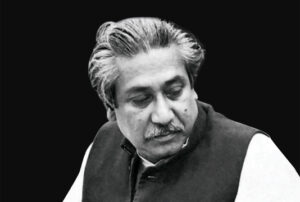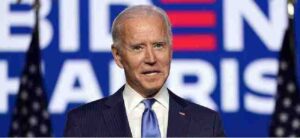The passage of the Digital Security Bill in Parliament on Wednesday, September 19, 2018, has been viewed critically by editors of newspapers and leaders of journalist unions of Bangladesh. From the government side, it has been said that all that were needed to establish the rights of journalists have been done. Secretary of the Bangladesh Council of Editors, Mahfuz Anam said, on the one hand, the government has the official secrets act in its hands, on the other the digital security bill empowers police to conduct a search or make arrests without a warrant from the court. This legislation would be contrary to a free society and freedom of expression. It would not help the building of a democratic society, he said.
Newly elected president of the Bangladesh Federal Union of Journalists (pro-AL) Mollah Jalaluddin has said that the bill has been hurriedly passed without incorporating the suggestions put forward by the journalist community to ensure their professional freedom. He said that the journalists are not enemies of the people and vice versa. Because of this law, the version of the government and the journalists on issues and developments might turn contradictory, he said.
An important thing to note here is that journalists and news organisations in so many ways give the constitutional provision of freedom of expression a shape in society. They give space to all shades of opinions thus helping the exercise of this freedom.
How much liberty a newspaper can take to uphold the liberty and freedom of the citizens has been demonstrated recently by the world famous US newspaper, the New York Times which also has a daily global edition. It has published an opinion piece of a senior member of the Trump Administration anonymously. President Donald Trump instead of rejecting the item has said he had in his mind 4 to 5 persons from among whom somebody might have had written the piece.
The NYT opinion piece made members of the Trump administration defensive. They tried to impress others stating like ‘it’s not me.’ But none questioned the veracity of the information published by the NYT.
Democracy and its fundamentals are better guarded when the citizens and the society on their own jealously guard those. In a democracy, members of the press and the law enforcing agencies play complementary roles to secure people’s rights. However, law enforcers form the arm of the executive branch of the government while journalists and their organizations are informal entities welding as much supportive role as they are free. They promote peace and discipline in society and the welfare of citizens. Subordination of the press and its functionaries to the executive arm of the government can only ruin these entities. The short-lived emergency in India in the early seventies of the last century more than proved this.
It is, therefore, an inescapable norm that journalists are better served by leaving them to function freely within the constitutional and democratic boundaries. Any extra pressure on them has always proved counterproductive everywhere around the globe. We would, therefore, urge upon the government to give journalists, their leaders and the editors a more patient hearing and respect the opinion they have expressed.




